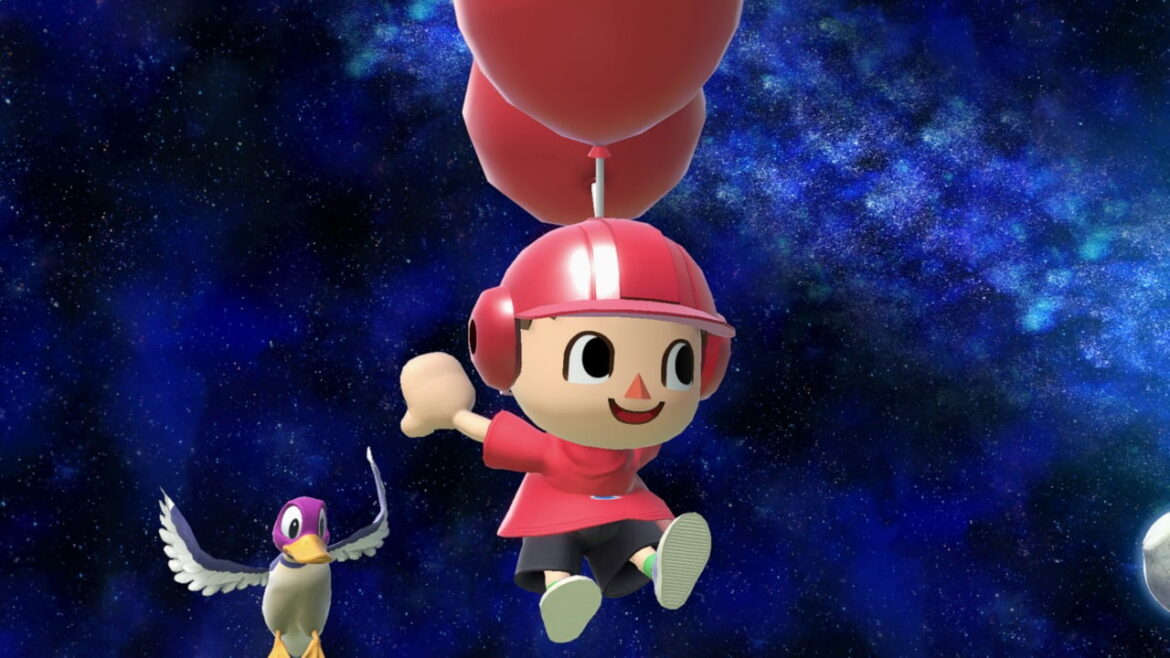A better way forward.
While 2020 was a year of tumult for many, the Super Smash Bros. community has experienced more shake-ups than most, ranging from fan division over new DLC characters to sexual assault allegations, tension between Nintendo and its competitive fans and a global pandemic altering the way we all experience our lives.
In that respect, countless tournaments moved online, and while Nintendo’s online service isn’t exactly top notch, fans have found ways to make do just the same.
[Editor’s note: The interview subject featured in this piece was asked questions via Twitter DM in Spanish and replied in Spanish. We’ve loosely translated the responses while preserving the original phrasing of key ideas in pull quotes.]
One such group is Gaming Sisters, who brands themselves as ‘focused on creating comfortable spaces for a healthy coexistence and creation of events.’ The Mexican based group specializes in supporting women in the Smash community and promoting tournaments they are featured in. The group has only been around for about a year and a half, started by four women in the competitive Smash scene in the region, and while they originally came together as a team, they gradually formed into a dedicated community in the Mexican Republic.
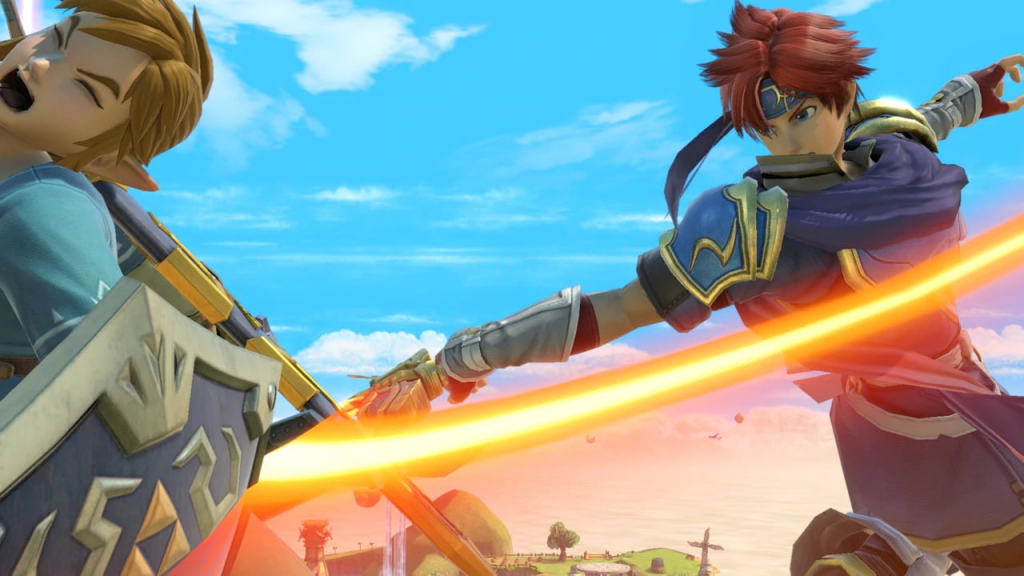
One of their members and appointed leader is Monicutte, a Villager main, who filled me in on some of the grass-roots organization’s efforts to create a healthy place where women in the Smash community can come together, regardless of skill level or experience.
“The objectives of the group are to create a healthy living space and growth for all those who love competitive and casual play. We also intend to serve as a first point of contact for women curious about the competitive format, with the interest to join general competition later.”
Based on my first-hand experience, the social group seeks to encourage bonds between members and individual player growth, fostering women and encouraging them to pursue the competitive gaming track. They banter in a massive WhatsApp text chain and have a dedicated Discord server they use to organize events, host friendlies, and provide feedback on each other’s play styles, among other things.
Key term:
- Friendly: a match held at a tournament that’s for practice only or a match held online between contacts.
Socializing has its own benefits, even apart from formal competition: In 2020 the group tackled an international online crew battle for women.
For those not familiar, a ‘crew battle’ in Smash is when a team of players have a set number of lives, or ‘stocks’, and these stocks persist across matches as players square off in one-on-one duels. This lesser-seen style of team-based match, combined with the fact that teams of women participated from across the globe, made for an event unlike most found in the competitive fighting game circuit as a whole.
Women were acquainted with one another through the event, hosted by streaming channel Smash Factor, and the tournament was live-streamed with commentary over the course of a weekend. I had the privilege of being invited to help fill out a dedicated ‘international’ team. While other teams contained members from specific regions, mine was composed of a combination of players from various parts of the western world, including the US, Mexico, Germany, the UK, and more.
The event was intended to serve as something of a support group for women in the space — a group whose numbers continue to grow.
Es trabajo de todos que la comunidad sea más transparente, correcta y amigable para los nuevos integrantes.
“It is everyone’s job for the community to be more transparent, respectful, and friendly to new members,” Monicutte tells me.
I could tell it was likely rather difficult coordinating such an event, and getting the live streams to go smoothly with commentary fluctuating between languages was something I hadn’t seen in an independent event before. This is on top of the difficulties inherent to Ultimate‘s online – while LAN connections make things much more stable than WiFi, even at peak conditions, there will be inherent latency and lag across long distances or even short ones.
Key Terms:
- Latency: the time between when you send something to a server and when it responds back.
- Lag: very high latency, causing a disconnect between button presses and your character responding.
Despite these issues, Gaming Sisters and Smash Factor successfully hosted an engaging event, incorporating interviews from competitors and hyping up moods and moments in supportive ways. Taking the format of a crew battle also was a smart choice in de-centralizing focus, as it can be a problem in these spaces where women get directly compared to one another, often in ways that men just don’t even in the same arena.
Competitive Smash player ‘Kiwi’ (@kiwi_burd) participated in her first women-only competitive event, and shared these thoughts:
“The idea of competing against only women gives me such a “be the best female player” vibe which only hurts us. It’s exhausting how often men tell me it’s not a big deal to compare women, but let me tell you it is. I’ve lived it, it creates unnecessary tension between the few women competitors in the community when we should be supporting each other. […] It felt like you were only relevant as a player if you were the best girl, which is gross, and still is to this day.”
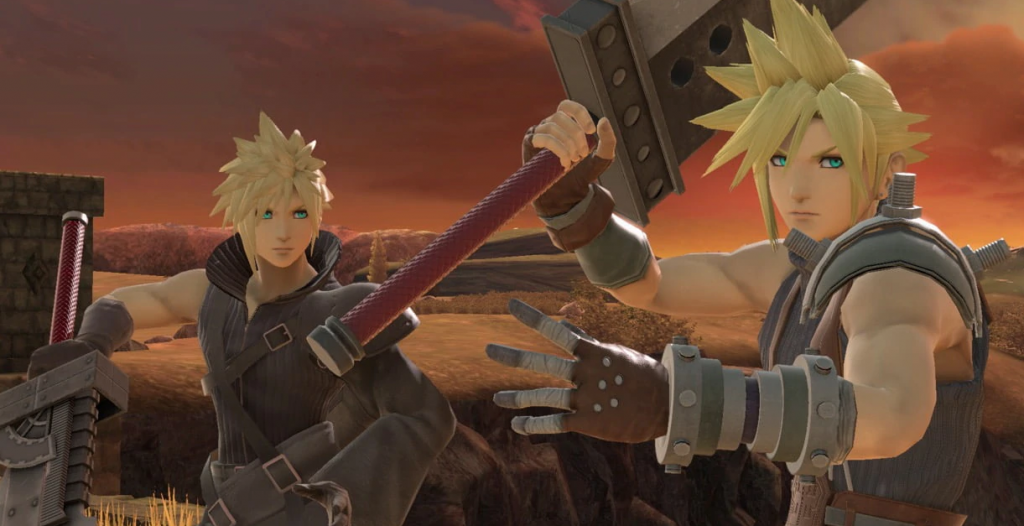
Kiwi concluded that more laid back team-based events with lower stakes and less tension make more sense to bring women into the community, “because there’s no single girl in a #1 slot to compare everyone else to.”
Team-based dynamics help take some of that pressure off and the overall tone of the event made everyone feel like they won in the sense that we were all participating, meeting new people who were good at a game we loved, witnessing techniques we hadn’t seen before, and feeling less ‘other’ in an environment that goes above and beyond to alienate so many.
The Smash community has had a terrible year. There has been in-fighting, conflict with the greater fighting game community at large, and even actively hostile sentiments toward Nintendo themselves in response to corporately dictated behaviors which have only exacerbated things.
The community around Smash has had a lot to reckon with itself, and it still has a long way to go before it ever feels like the kind of welcoming community one would expect from a game designed and built to be all-inclusive to any kind of gamer. This makes groups like Gaming Sisters all the more valuable as they serve as a waypoint, a sort of safe haven for those of us who still love the game franchise which celebrates game franchises, but who feel unsafe or unwanted by the vocal minutia of teen-to-20-something men who typically dominate the scene.
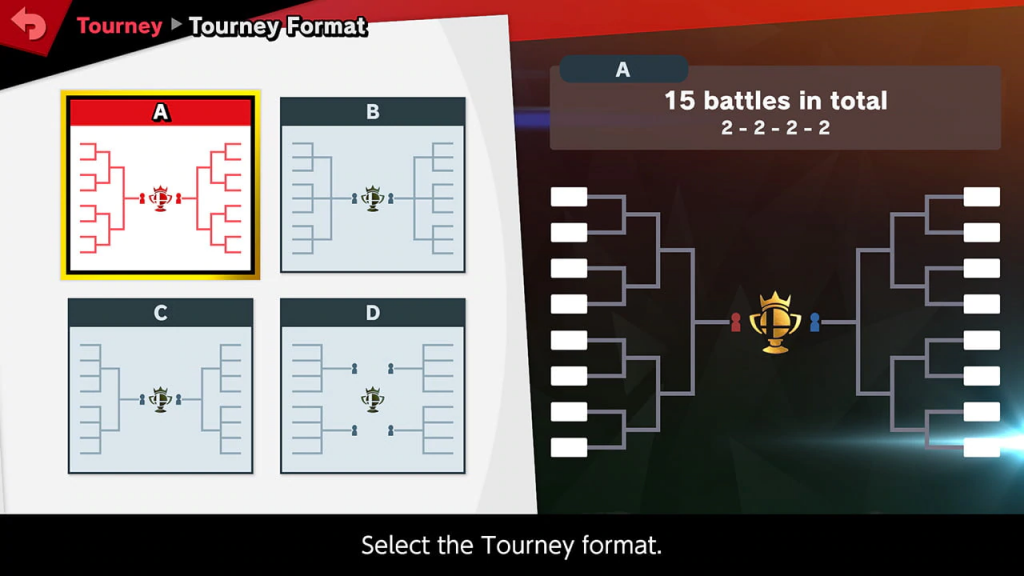
Even from one single event in the form of the crew battle I partook in, I’ve been bombarded with messages of support, inclusion, welcoming sentiments, and have met more positivity from summer to autumn of 2020 than I ever did in the entirety of my time engaging with the community in the two decades before.
Monicutte of Gaming Sisters adds this crew battle has opened many doors for the group to connect with more entities in the greater global community.
“Various communities have been very kind to us and we have had very good collaborations, such as tournaments with Smash Factor and [eSports team] Warlock Fighters .”
“Since the world crews tournament, we have been able to collaborate with more girls’ communities around the world, which has been a great opportunity.”
I can personally say I’ve seen participants I met in the event show up in the Top 8 listings of multiple online tournaments since. Despite all of the circumstances, they’re finding it in themselves to continue playing – whether that’s purely for fun or born from the personal fire to improve.
Across multiple sessions playing one-on-one rounds with some of the players I met during the event I’ve found a game that’s both more challenging and rewarding than grinding the ‘WiFi Warrior’ axe in Quick Play, the game’s poorly implemented way of playing against random opponents.
Key Term:
- WiFi Warrior: slang for someone who plays a competitive game, usually a fighting game, by participating in lots of online matches against strangers
Most importantly, however, I feel like I’ve made international friends even across language divides. Something I savor about fighting games which few other genres of entertainment can provide is the way players can express themselves on a personal level through their characters and how they play – a battle becomes a conversation of sorts, and it’s been refreshing to have those metaphorical conversations with other women who I feel have a greater sense of what makes Smash so special rather than a focus on winning or losing.
All of this kindness, support, sharing, and friendship runs counter-culture to the overtly masculine, domination-driven nature which fighting game communities steep themselves in; where players will throw a match once they feel there’s no chance or winning; where players will talk about characters like objective data points instead of means of expression; where players use exclusive language that implicitly makes anyone who isn’t a white, young male feel unwelcomed.
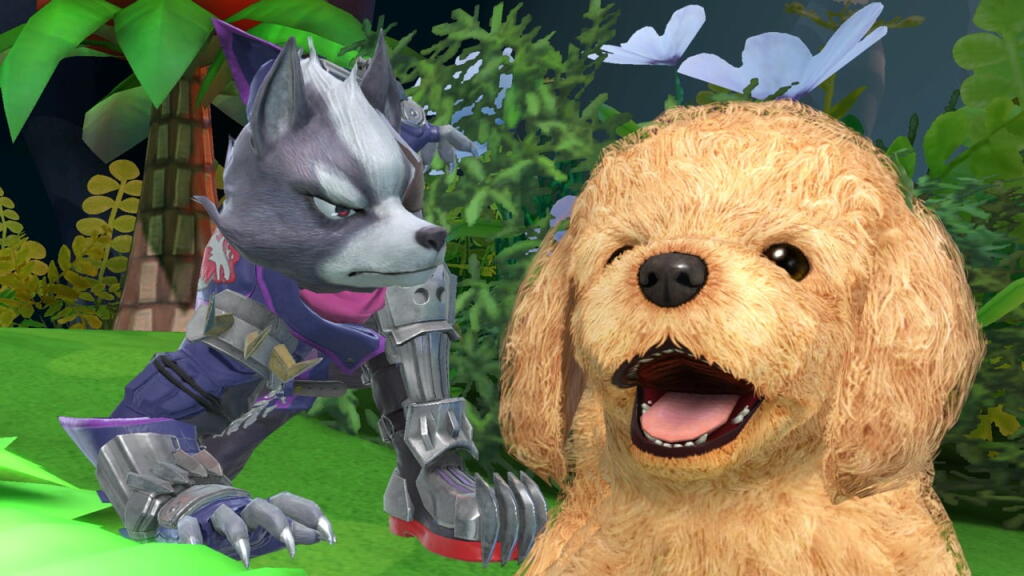
But as we have been reminded of especially in 2020, the Smash community, the EVO community, and the greater collective around fighting games is holding itself back by not evolving past this archaic, machismo mindset. Groups like Gaming Sisters help prove that competition can breed supportive connections without sacrificing the desire to improve as players.
“There is a long way to go to make the community in general more friendly to people who have just joined competitive play. It is necessary to have a firmer hand in relation to regulations and also having clearer rules of coexistence focused on preventing any type of harassment, aggression or violence between players in general,” says Monicutte.
“Once that is respected within the established community, I think it will be a better environment for anyone who wants to join the community. For women specifically, I think it also depends on the culture.”
She adds that, “[i]n Mexico, I feel that there is still a long way to go because women in general are not very welcome in many spaces that are mostly frequented by men. The environment of some communities has to change and focus on seeking and fostering respect between players regardless of their sex, level, age, or socioeconomic position.”
En México, siento que aun falta mucho debido a que la mujer en general no es “muy” bienvenida en muchos espacios que son mayormente frecuentados por hombres. El ambiente de algunas comunidades tiene que cambiar y enfocarse en buscar y fomentar el respeto entre jugadores sin importar su sexo, nivel, edad, posición socioeconómica.
Monticutte’s sentiments seem to be born of the Smash community’s grappling with elements of abuse and grooming in their spaces, and perhaps even the untimely collapse of its Conduct Panel.
“[We should] have a framework of rules that are enforced whether you are a pro player or someone who has just arrived. It is much more likely that a woman feels safer if she goes to an event knowing that if someone harrasses her, there will be an action to protect her and another to penalize the person who attacked her.
Coordinating events that allow anyone with a stable connection and a love of the game to participate in, regardless of other factors, is perhaps highlighting even further just how more work there is to be done to make in-person events in a future beyond COVID-19 feel safe.
Competition does not and should not breed sentiments of ‘othering’ people and the concept of sportsmanship need not apply only to physical activities.
Desma Palmer Fettig is a former retail worker, storyteller, and amateur visual novel developer who grew up in western New York, lived in the SF Bay Area, and now resides in Southern England.
IMAGES: Super Smash Bros. by Nintendo / HAL Laboratories/ related companies
